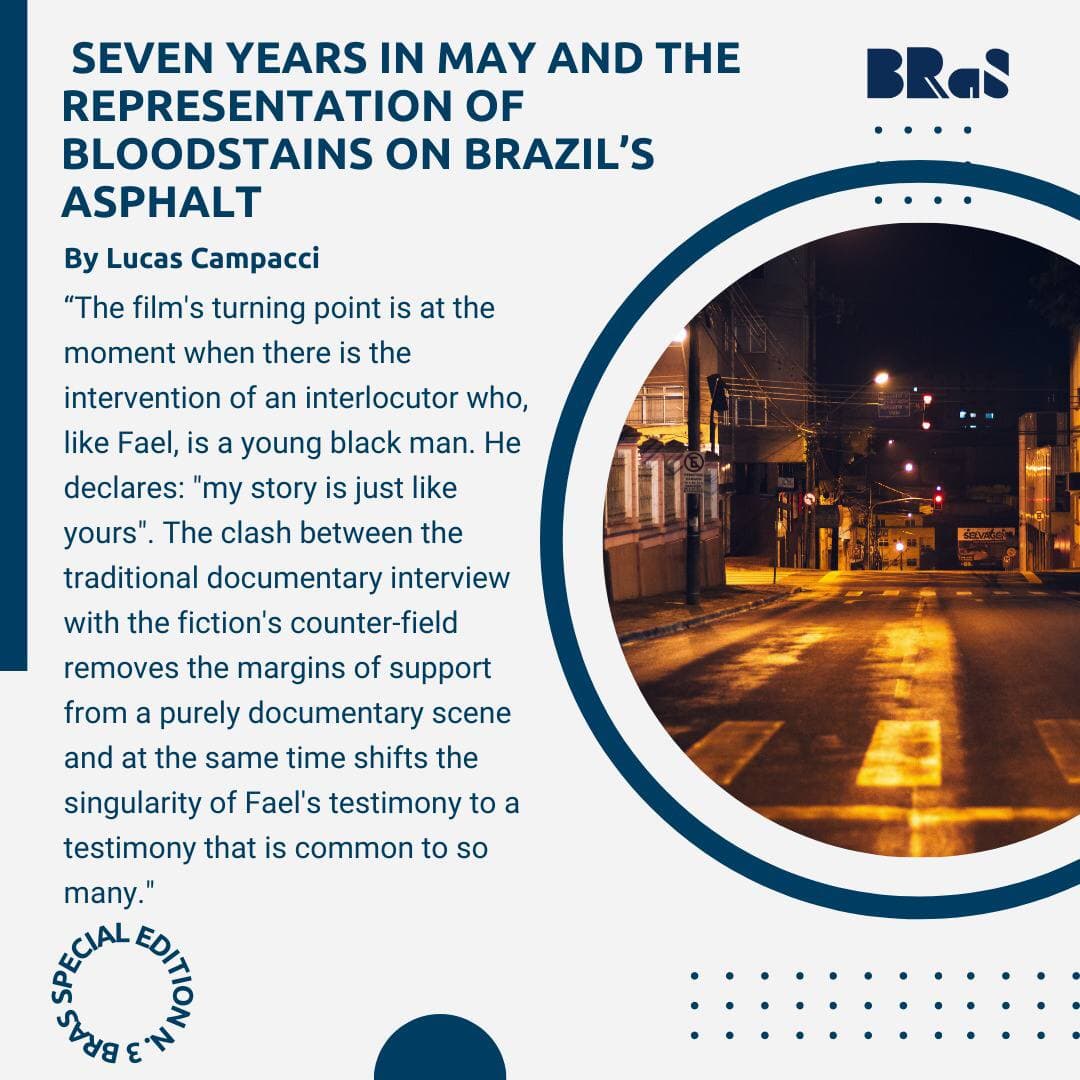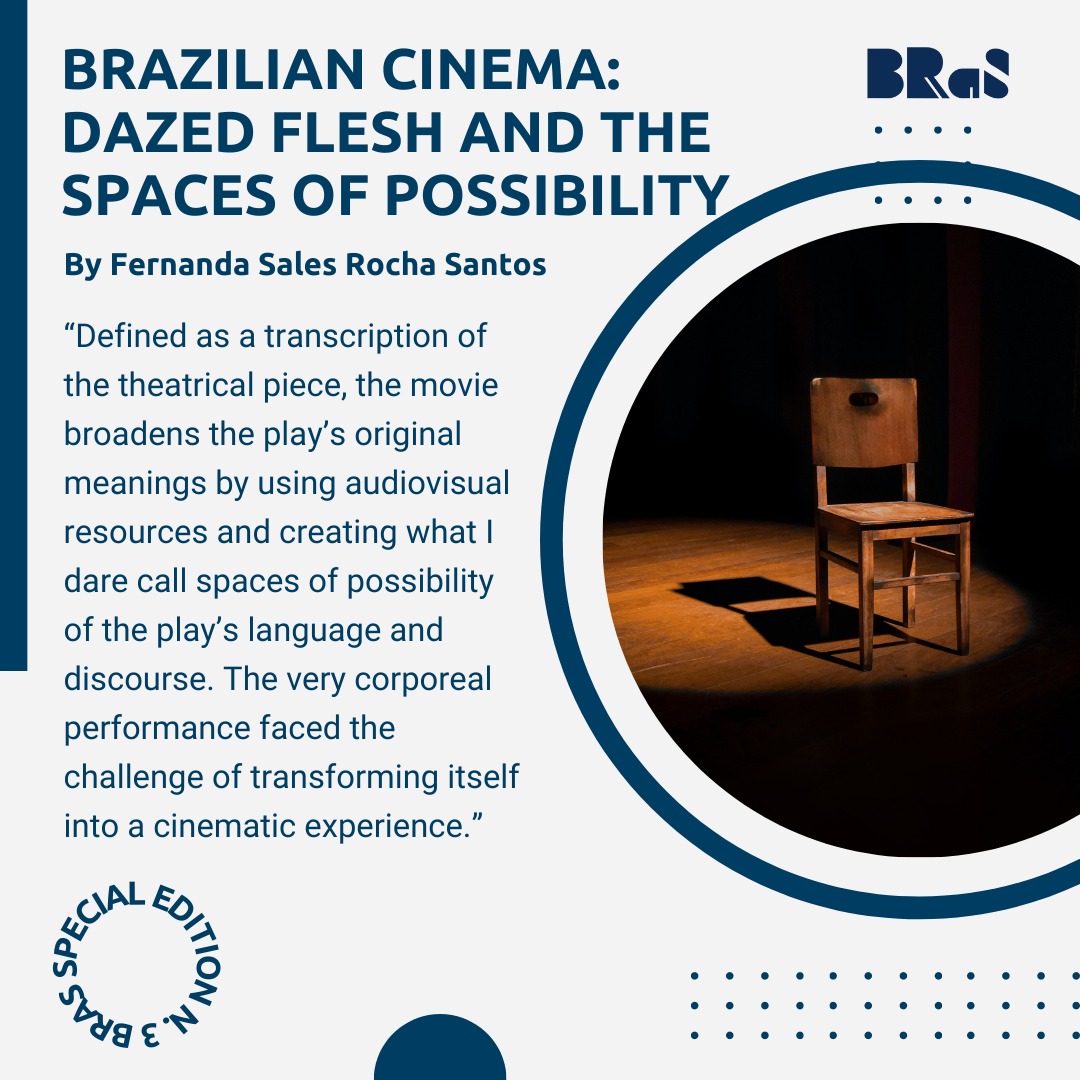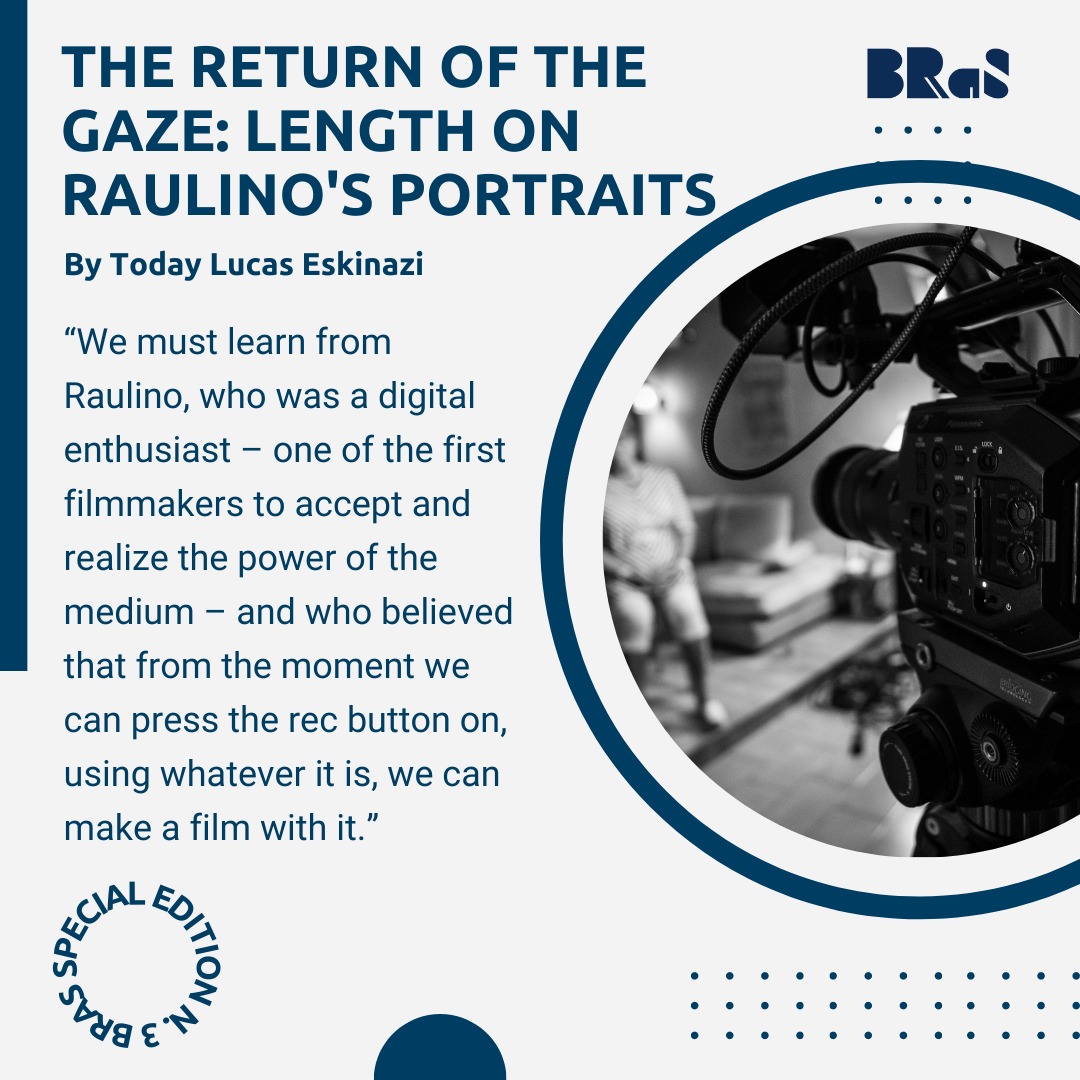by Maurício Kenyatta*
Edited and reviewed by Anna Paula Bennech and Giovanna Imbernon
Organized by Dr. Luiz Eduardo Garcia da Silva
Under the government of Jair Bolsonaro, the Brazilian foreign policy to South America follows the trend of self-restraint, including security and defense (Vaz 2008; Posen 2014; Steele 2019). The retrenchment of Brazilian engagement in regional integration and regional leadership role already initiated in Dilma Rousseff’s administration (2011-2016), worsened in Michel Temer’s (2016-2019), and has been approaching a new aspect in Jair Bolsonaro’s (2019-). From restraining to deconstructing the Brazilian regional leadership and eroding regional security and defense institutions, the regional integration agenda had lost steam since 2011 compared to the governments of Fernando Henrique Cardoso (1995-2003) and Lula da Silva (2003-2011). Still, the deconstruction of South American institutions and Brazilian leadership comes into effect in the current government. These two elements integrate the instruments of negationism explained by Carolina Salgado’s article in this Special Edition and are symptoms of negationism in Brazilian domestic policy, resulting in alignment with the US and reduced Brazilian autonomy in South America.
South American security and defense institutions served as platforms for regional integration and international insertion of the countries in the region. Also, Brazil had the regional leadership project for greater bargaining in the global system among its political strategies. The constitution of an autonomous South American security regime, without US participation, with principles, norms, rules, and decision-making made by the region’s countries brought South America closer to the center of international politics. The integration and articulation by South American countries are necessary to protect the regional resources and capacities from international spoliation and improve their position in the international realm.
In 2008, the member states of the Union of South American Nations (Unasur) created the South American Defense Council (SADC) to lead the management of regional defense integration. In 2009, the SADC approved its first Action Plan. One of the initiatives of this document is the Argentine proposal for creating the Center for Strategic Defense Studies (CEED, in Portuguese) (Abdul-Hak 2013). The objectives of CEED are to advise and consult member countries on defense matters, promote information exchange, contribute to the articulation of joint positions between states, develop confidence-building measures between member states and define the standard methodology in defense spending within Unasur (Saint-Pierre and Palaces Junior 2014). Thus, the SADC is the highest deliberation and decision board in defense within South America. In addition, CEED contributes to confidence-building between states through the collection and distribution of information. Unfortunately, the withdrawal of relevant members of these institutions erodes this multilateral effort to build a South American security regime.
In 2015, the SADC’s South American Defense School (ESUDE, in Portuguese) was created as a center of Advanced Studies to promote and build consensus through dialogue and training of civilians and military in regional defense and security, at political and strategic levels. ESUDE has a decentralized format, involving research centers and South American universities to foster scientific exchange and create a regional culture in defense and security (Fonseca and Milani 2014). The member States forged ESUDE to be a space independent of the United States. This institution develops autonomous regional strategic thinking, positioning political and strategic thoughts on security and defense from South American reality and episteme (Fonseca and Milani 2014). The use of negationism as a political instrument also affects regional institutions, e.g., the Brazilian far-right considered a way for the Forum of São Paulo to carry out regional integration under the communist logic. The discourse of negation does not aim at the best political results for the state. On the contrary, its rationality craves political and personal gains in the domestic sphere. Regional and international action also aims to achieve domestic results, explaining the deconstruction of the regional security architecture and alignment with the United States.
In the security dimension, violence by non-state groups and police forces is a barrier to integration. In institutional terms, these themes proved inadequate to the SADC, which led to creating sectoral councils to analyze and develop public policies from a regional perspective. Although Unasur had 12 sectoral councils, we will highlight the achievements of the South American Council on the World Drug Problem (CSPMD, in Portuguese), established in 2010, and the South American Council on Citizen Security, Justice and Coordination of Actions against Transnational Organized Crime (CSSCJDOT, in Portuguese), established in 2012 (Castro 2015; Martinez and Lyra 2015). These Councils aimed to desecuritize the war on drugs and juvenile delinquency from the understanding that this violence stems from social problems, distinct from a logic of war.
The growth of organized crime in Latin America is due to an economic equation that combines vulnerable spaces and criminal appropriation of them, as well as routes with a large consumer market and fragile instruments to enforce the law. The illegal market is composed of producers, entrepreneurs, distributors, sellers, and consumers. There is also the corruption of public officials who conform to permissiveness through the high profitability of crime (Sain and Games 2014). Informally and illegally, one perceives the creation of an insecurity regime by non-state actors since they are highly motivated in their selfish interests, possess fire and political power from corruption, create their own rules, and establish their customs. Thus, they craft an intelligence network that produces more sophisticated knowledge to circumvent surveillance and get better results. The non-formal, illegal, and non-state features do not make up a regime, according to Krasner (1982) but point to a dynamic based on fluidity and informality to obtain better results. The scenario of violence and insecurity occurs mainly when conflicts between these groups or the state become more intense.
Brazil was the leading articulator of the SADC’S creation. The country’s exit from Unasur in 2019 expresses Brazilian foreign policy and leadership retraction within the region. Argentina, Chile, Colombia, Paraguay, and Peru in 2019 and Uruguay in 2020 left the institution too – a setback in regional integration. This setback meant a loss of more than 80% of the institution’s budget, making its effective regional action impracticable, which had a detrimental impact on the SADC agenda (Vitelli 2018). The withdrawal of Brazil from Unasur and the creation of the Forum for the Progress of South America (Prosur) signal the country’s abandonment of an institution in which it had a leadership role and entry into an institution in which Brazil is not a leader. Furthermore, Prosur does not aim to promote regional integration, South American institutionality, much less developing a security regime in the region. Therefore, the Brazilian withdrawal from Unasur and entry into Prosur maintain the deconstruction of integration and the erosion of Brazilian leadership in the continent.
Uruguay, the last country to leave Unasur, returned to the Inter-American Treaty of Reciprocal Assistance (TIAR or Rio Treaty) in 2020. The Rio Treaty is an agreement of mutual defense against countries that attack one of their members. The Rio Treaty fell into disrepute in 1982 when the United States did not assist Argentina in the conflict against the United Kingdom on behalf of the Falkland Islands. The Rio Treaty and the 1967 Treaty for the Prohibition of Nuclear Weapons in Latin America and the Caribbean (Treaty of Tlatelolco) are part of the hemispheric security mechanism sponsored by the United States. The deconstruction of an independent South American security project made these treaties the main multilateral mechanisms for regional security currently in force.
Unasur had the opportunity to develop a properly South American security architecture, independent of the interests of the great powers. Still, the crisis that settled in the institution combined with the impasses regarding the Venezuelan situation and the rise of right-wing conservative governments in South America made the institution and an independent project of South American insertion into the international system unfeasible. Brazilian support for the US position about the Venezuelan crisis, holding up Juan Guaidó, economic sanctions, and a possible military intervention under Trump’s administration are examples of the erosion of the principles of neutrality and impartiality that supported Brazilian leadership in the region.
The foreign policy of Jair Bolsonaro’s government for security and defense is marked by an anti-Worker’s Party (PT, in Portuguese) discourse, alignment with the United States and countries with far-right governments, and anti-globalism (Casarões and Flemes 2019). All these sources of foreign policy justify the deconstruction of regional institutions identified with the Workers’ Party and globalism. Furthermore, alignment with the United States and far-right governments, as well as the erosion of Unasur and the Brazilian leadership in the region connect to a logic of power maintenance in domestic politics. The consequences of this are increasing security vulnerabilities in South America and weakening the Brazilian position in the international arena.
References
Abdul-Hak, Ana Patrícia Neves. O Conselho de Defesa Sul-Americano: objetivos e interesses do Brasil. Brasília: FUNAG, 2013.
Casarões, Guilherme, and Daniel Flemes. “Brazil First, Climate Last: Bolsonaro’s Foreign Policy”. GIGA Focus, Latin America, Number 5, ISSN 1862-3573, (September 2019).
Castro, Helena Salim de. “O CONSELHO SUL-AMERICANO SOBRE O PROBLEMA MUNDIAL DAS DROGAS COMO MECANISMO DE INTEGRAÇÃO REGIONAL”. Anais do I Encontro Internacional de Política Externa do Cone Sul. Foz do Iguaçu, 2015.
Fonseca, Maria Verônica Rodrigues da, and Lívia Peres Milani. “O processo de criação da Escola Sul-Americana de Defesa (ESUDE) âmbito do Conselho de Defesa da União de Nações Sul-Americanas (CDS/UNASUL): algumas reflexões”. Revista da Escola Superior de Guerra, v. 29, n. 58, (jan./jun. 2014): p. 117-138.
Krasner, Stephen D. “Structural Causes and Regime Consequences: Regimes as Intervening Variables”. Published by: The MIT Press. International Organization, Vol. 36, No. 2, International Regimes, (Spring, 1982): pp. 185-205.
Martinez, Elias David Morales, and Mariana P. O. de Lyra. “O Processo de Dessecuritização do Narcotráfico na Unasul”. CONTEXTO INTERNACIONAL. Rio de Janeiro, vol. 37, no 2, (maio/agosto 2015): p. 661-691.
Posen, Barry R. “Restraint: a new foundation for U.S. Grand Strategy”. Cornell University Press, Cornell, USA, 2014.
Sain, Marcelo Fabián, and Nicolás Rodriguez Games. “TENDÊNCIAS E DESAFIOS DO CRIME ORGANIZADO NA AMÉRICA LATINA”. IN: NASSER, Reginaldo Mattar; MORAES; Rodrigo Fracalossi (org.). O Brasil e a Segurança no seu Entorno Estratégico: América do Sul e Atlântico Sul. Brasília: IPEA, 2014.
Saint-Pierre, Héctor Luis, and, Alberto Montoya Palácios Junior. “As medidas de confiança no Conselho de Defesa Sul-Americano (CDS): análise dos gastos em Defesa (2009-2012)”. Revista Brasileira de Política Internacional, v. 57, n. 1, (2014): p. 22-39.
Steele, Brent J. “Restraint in International Politics”. Cambridge University Press, Cambridge Studies in International Relations, 2019.
Vaz, Alcides Costa. “Restraint and regional leadership after the PT era: an empirical and conceptual assessment”. Rising Powers Quartely, v. 3, (2018): p. 25-43.
Vitelli, Marina. “Suspensão da participação na UNASUL: reflexos sobre a Segurança e a Defesa regional”. GEDES (Grupo de Estudos de Defesa e Segurança Internacional): seção política internacional, 2018. Avaiable in: https://gedes-unesp.org/suspensao-da-participacao-na-unasul-reflexos-sobre-a-seguranca-e-a-defesa-regional/, access in: 15/07/2021.
* Maurício Kenyatta is a Ph.D. candidate at the Institute of International Relations of the University of Brasília with a CNPq grant. He holds a master’s degree in international politics at the same Institute. Researcher, Coordinator of the Working Group on Security at Borders and in the Panamazonia, and Coordinator of Events at the Group of Studies and Research in International Security at the University of Brasília (GEPSI-UnB). E-mail: mauriciodfgo@gmail.com.







